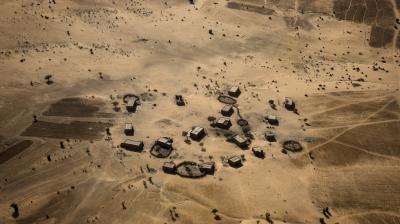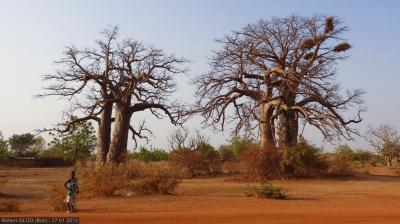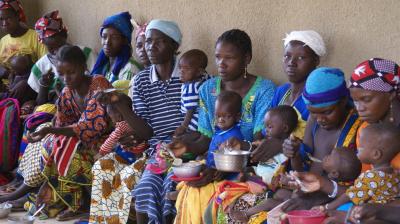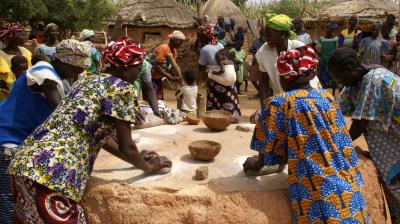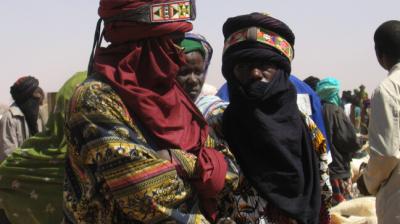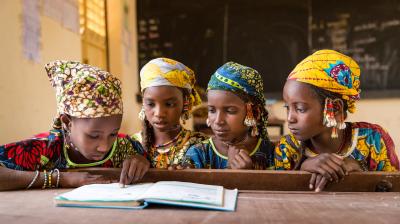The case of Niger’s Tillabéri region
Of all the regions included in this report series, Tillabéri is the region that scores best when it comes to both general community resilience, as well as traditional and religious authorities’ functioning. The region is not as exposed to shocks as Est (Burkina Faso) and Ménaka (Mali), and its ability to recover from shocks is high compared to the other regions. Trust in traditional and religious authorities is comparatively high as is their equal treatment of different subgroups in society. The effectiveness of traditional and religious authorities’ conflict resolution and security provision mechanisms is also comparatively high. This begs the question of why these authorities do such a good job in Tillabéri and what the key takeaways are for other regions in the Sahel.
However, this report shows that – despite it doing comparatively well – all is not necessarily well in Tillabéri. Historically, the contributions of traditional authorities have been significant in mediating conflicts, managing natural resources, promoting shared community values, and acting as interlocutors between the state and local populations. Traditional authorities have therefore been seen as making a vital contribution to keeping the peace among and between communities of different ethnicities and social standings. Yet, with the persistent presence of violent extremist groups affiliated with Al Qaeda and the Islamic State, and the proliferation of armed non-state actors attempting to fill the increasing security gaps that have already overwhelmed the state, traditional authorities are navigating a context that puts their power and influence at risk. This report identifies a number of key implications for programming that could be used to address these issues.
Read full report.
Pour la version française cliquez ici / this report is also available in French.
About the project
This report is part of a series of reports produced for the project Customary Actors & Community Resilience. The project explores community resilience against violent extremism. It assesses specifically how traditional and religious authorities can improve the resilience of their community. In partnership with USAID and ICCT Clingendael experts surveyed nearly 30 municipalities in the Ménaka and Gao regions (Mali), the Tillabéri region (Niger), and the Sahel, Est, and Centre-Nord regions (Burkina Faso). Results are based on 1400 quantitative surveys and 600 qualitative interviews.
Explore project site with the reports and data.
Follow @ClingendaelOrg on Twitter and subscribe to our newsletter 'Echoes of the Sahel'.


